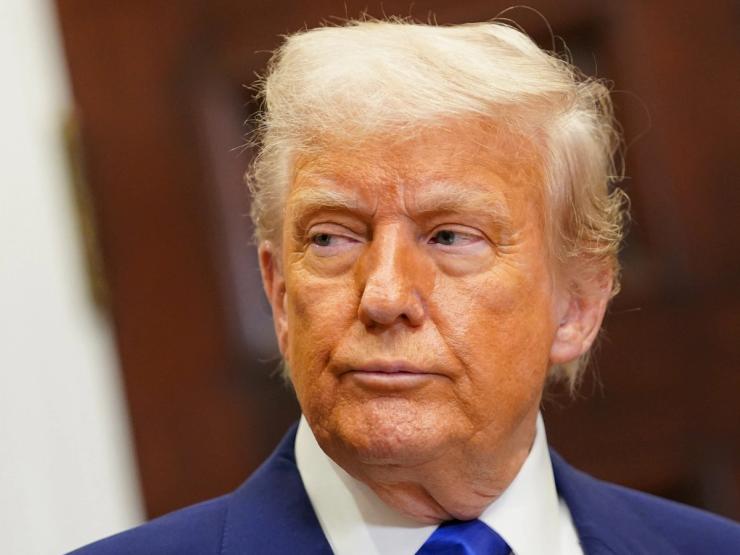As Air Force One prepares to touch down in Riyadh, Doha, and Abu Dhabi, US President Donald Trump is once again sending a bold signal about his foreign policy priorities. Unlike previous administrations that favored Europe or North America, Trump is doubling down on the Middle East — a region where his legacy remains deeply intertwined with security, diplomacy, and economic ambitions.
Skeptics may dismiss this as a transactional move, arguing that Trump is chasing deals with whoever pays the most. But that view is short-sighted and unfair, both toward Gulf countries and the current US administration.
To be sure, major deals will be signed. But this isn’t about Gulf states having cash to burn. It’s because of Trump’s “America First” philosophy, which means Washington should be open for business, and work with friends and allies that serve US interests. And few have been as consistent or committed as the Gulf countries.
Saudi Arabia, in particular, is undergoing a generational transformation under Vision 2030, and US firms have long been the partner of choice. Politics and bureaucracy, however, have often gotten in the way. The US has allowed rivals to step in on lucrative contracts, from fighter jets to commercial planes, and from 5G to nuclear cooperation. Trump’s visit signals this will hopefully not be the case on his watch — that Washington is intent to be the partner of choice once again.
It’s also noteworthy that Trump won’t be stopping in Israel. While Washington’s commitment to Israel’s security is ironclad, Israel’s right-wing government is making it a diplomatic liability not just to the US, but to the rest of the world, including Arab countries that signed normalization deals in good faith.
Meanwhile in Saudi Arabia, Vision 2030 is at a critical juncture. Crown Prince Mohammed bin Salman has pushed forward ambitious reforms, but the kingdom needs strong international partnerships to sustain its economic diversification. Trump’s visit signals that Washington remains committed to Riyadh’s transformation, and from what we hear about the possible nuclear cooperation deal, it is clear that the Trump administration doesn’t wish to repeat mistakes of the past and miss out on any opportunity to replicate the 90-year success story of Aramco, the living example of what US-Saudi relationships can bring.
Saudi Arabia has also been instrumental in mediating talks between Russia and Ukraine, between warring parties in Sudan, between India and Pakistan, and assisting where it can to aid regional stability. Any agreement involving Gaza or Iran would be far better served if Riyadh gives it the seal of approval, and Trump understands that very well. The security dimension will likely be discussed at the US-Gulf Cooperation Council summit in Riyadh on Wednesday.
There are similar dynamics in the UAE and Qatar.
The United Arab Emirates is a role model for soft power — balancing diplomacy, economic innovation, and military strategy. Trump’s stop in Abu Dhabi is expected to reinforce the two countries’ bilateral cooperation in global affairs.
Doha may be the most intriguing part of the tour. Despite years of heavy lobbying against Qatar in Washington, the president is being pragmatic about its pivotal role in Syria, Gaza, Afghanistan, and elsewhere. It is also a country with huge economic strength thanks to its gas exports and is home to the biggest US military base in the region.
If the past 100 days are to be taken as a benchmark, much can happen in the next 72 hours. Hopes are high in the Gulf that this visit will be transformative in every aspect.
Faisal J. Abbas is an award-winning journalist and Editor-in-Chief of Arab News.

